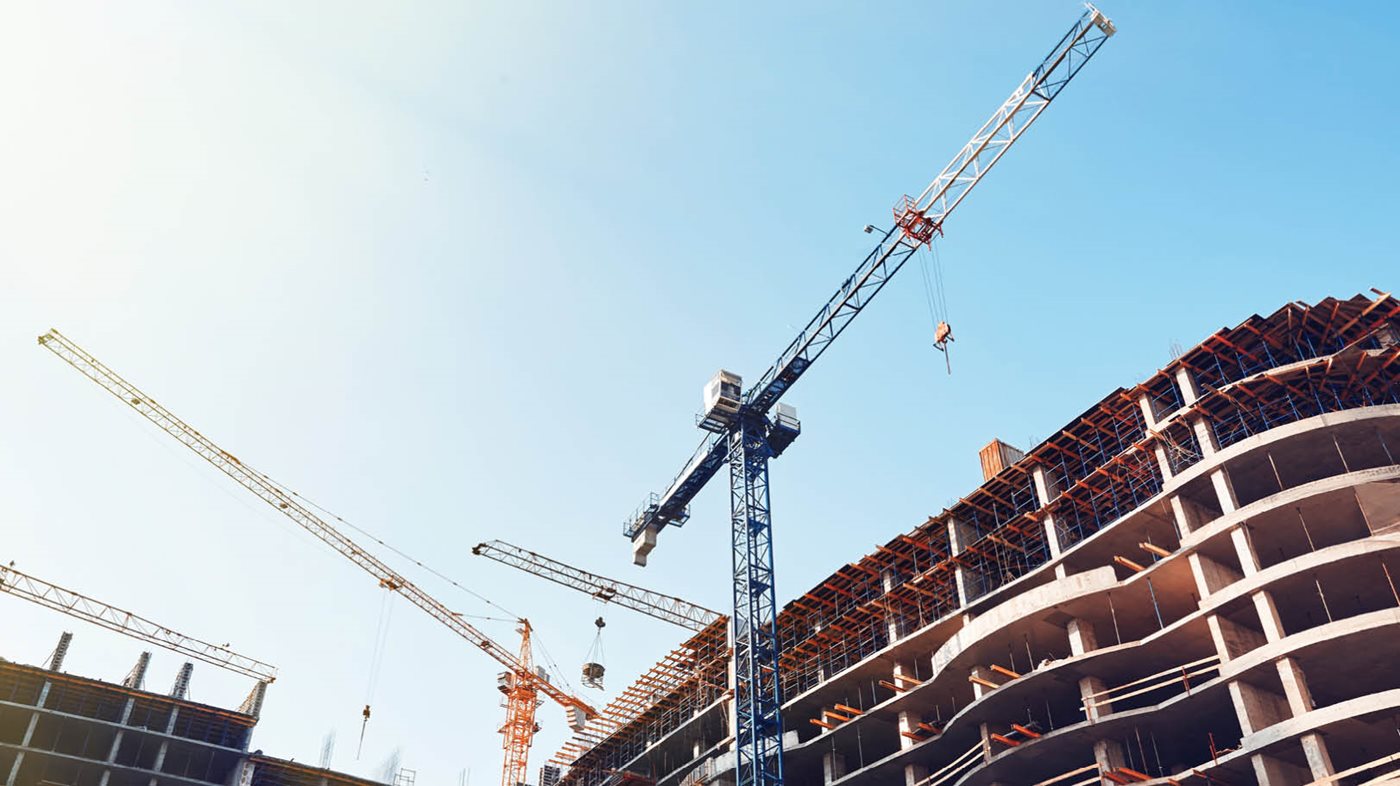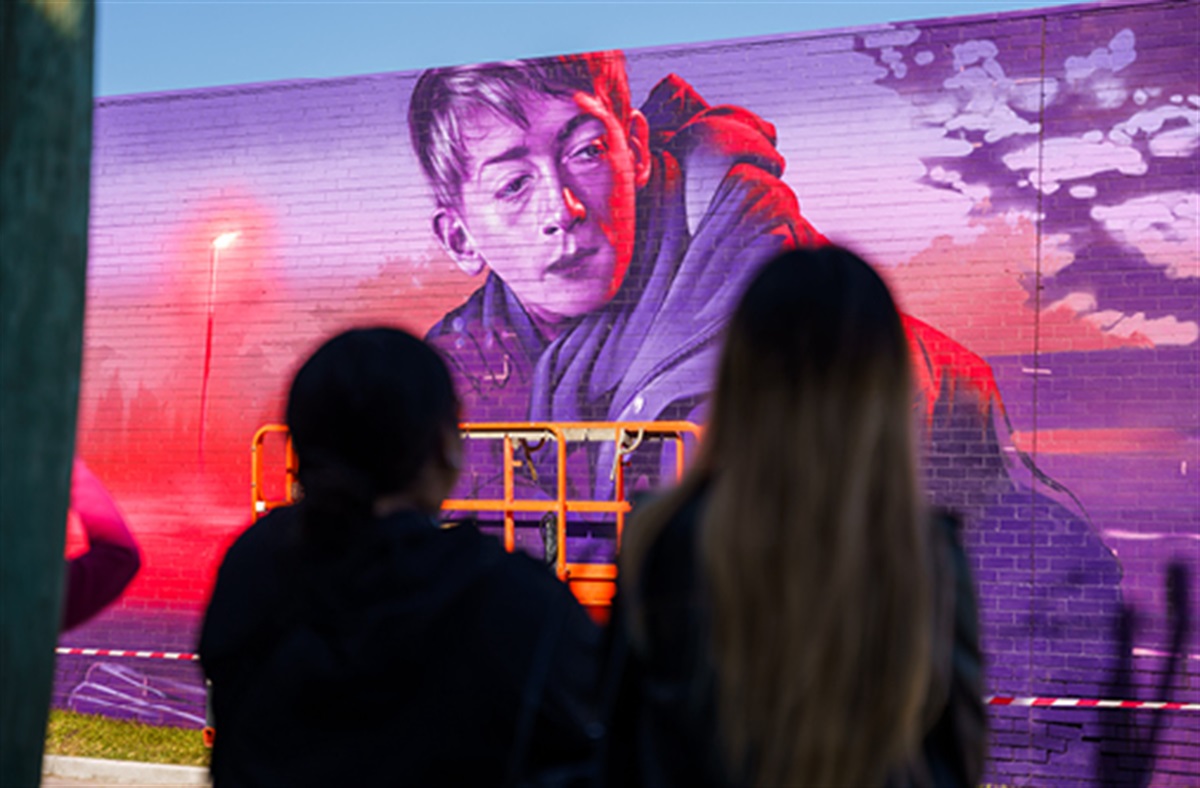Moorditj Koort is a fantastic example of the outcomes that can be achieved by listening to Indigenous Australians.
It is an Aboriginal health clinic in Midland, run and staffed by highly trained and hardworking Indigenous health workers.
I visited the clinic with the former Liberal Minister for Indigenous Australians and proud West Australian Ken Wyatt.
Ken and I saw firsthand the positive impact those health workers have had on the health of Indigenous West Australians, particularly in bringing those living in remote areas to the city, to get the health care they need.
Moorditj Koort shows that when you listen before you act, then your work makes a real difference.
Ken told us that day what Indigenous Australians have known for years: that the Voice to Parliament will be about listening before government acts.
Listening in a way that creates change for First Nations communities and finds the connections to health services.
On October 14 we’ve all been given a once-in-a-generation opportunity to recognise First Nations Australians in our Constitution and vote Yes for a Voice to Parliament.
The Voice will be a committee of Aboriginal and Torres Strait Islander people who offer advice to the Parliament on issues that affect them.
As Health Minister, I can’t think of a more important area where we should listen to that voice than health.
We need their insights so we can improve their lives, especially in health care.
Because with the best of intentions and substantial investment from both sides of the Parliament, the current approach simply isn’t working.
Year after year, we hear the same reports of the yawning gap in health outcomes.
There is an eight-year life expectancy gap between Indigenous Australians and non-Indigenous Australians.
Eight fewer years with loved ones, friends and family.
There are many health challenges that unarguably impact Indigenous Australians differently and some others that are largely unknown to non-Indigenous Australians.
Diseases like rheumatic heart disease, which was largely eradicated from developed countries more than 50 years ago but remain common in Indigenous communities.
Doctors in our major cities like Perth will likely never see a case of rheumatic heart disease but the rates in remote Aboriginal communities are among the highest in the world, higher even than in sub-Saharan Africa.
This is why the Voice is so important.
To fight rheumatic heart disease, we need to improve not only health care but also housing, basic amenities, and environmental conditions.
We need health, housing bodies and the environment department working together, listening to the voice of First Nations people to work towards preventing and eliminating rheumatic heart disease.
Just as a good doctor will listen carefully to their patients, a Voice to Parliament involves listening to the voices of Aboriginal and Torres Strait Islander people about better ways to make a real difference to their health care.
Listening to an Aboriginal and Torres Strait Islander Voice to Parliament will give us clearer insight into how to better spend the taxpayer money that goes into First Nations health getting better outcomes and better value for money.
The benefits of voting Yes are clear but so are the consequences of voting No.
To vote No is to miss this opportunity.
To close the door on the possibility of something better.
To vote No is to accept the status quo and vote for more of the same. The same approach with the same outcomes.
Doreen Nelson, the chair of Moorditj Koort, said it best when she said there are a lot of people out there with a good heart and a lot of people who talk about the issues but if there’s a process where Indigenous Australians can talk to the government and be heard that will make all the difference.








